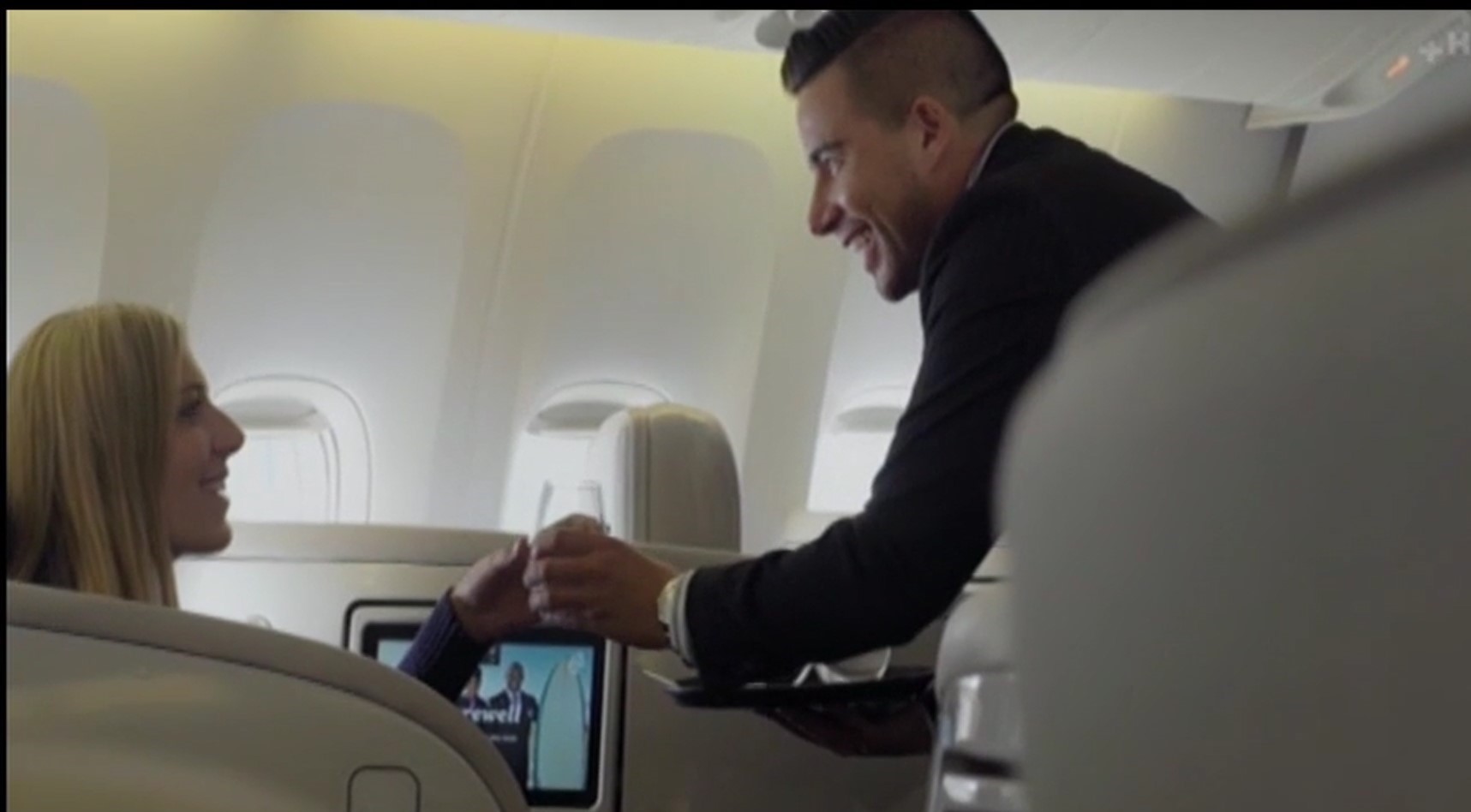Profitable Air New Zealand flags continuing fare bonanza
22 August, 2018
5 min read
By joining our newsletter, you agree to our Privacy Policy


Air New Zealand has pledged to offer more cheap fares on domestic routes as it grows capacity and takes an additional seven A321neos in anticipation of future network growth in its home market.
Air New Zealand chief executive Christopher Luxon made the fares promise as the company Thursday reported a 2.1 percent rise in 2017-18 annual net profit to $NZ390 million.
“One of the benefits of a growing Air New Zealand is more opportunities than ever for Kiwis to snap up a bargain,’’ Luxon said in the airline’s results announcement. “In 2019, we will offer more than 2.9 million seats for travel in New Zealand for under $100.’’
Luxon also revealed the airline expects to add a million customers a year, reaching 19 million by 2020, as it expands its overall network.
The Kiwi carrier reported its second-ever highest annual pre-tax profit of $NZ540 million, up from $NZ527 million last year, on record revenues of $NZ5.5 billion, up 7.4 percent.
However, the airline predicted the higher jet fuel costs, assumed to be around $US85 a barrel, would result in lower underlying earnings before tax of between $NZ425m and $NZ525m in 2018-19.
The fiscal 2018 result came despite the headwinds of higher fuel costs and the cost of schedule changes due to engine problems with its Rolls-Royce powered Boeing 787s.
“This is an impressive financial result, driven by strong revenue growth across the airline’s key markets, as well as continued focus on sustainable cost improvement, despite significantly higher fuel prices,’’ chairman Tony Carter said.
READ: Air New Zealand to get first female chairman.
“The ability of the airline to achieve its second-highest profit in such a challenging environment really speaks to the focused strategy and unique competitive advantages that Chief Executive Officer Christopher Luxon and his leadership team have spent years building.”
The result means about 8500 Air New Zealand staff will receive bonuses of up to $NZ1800 while shareholders get a final dividend of 11 cents per share, taking the total ordinary dividend for the year to 22 cents per share.
Air New Zealand will be the first airline in Australasia to take delivery of the new Airbus single-aisle neo aircraft and has 10 A320/A321neos on their way to provide "continued growth and cost benefits" to its Tasman and Pacific islands network.
It has provided capital expenditure for seven A321neos to be delivered between 2020 and 2024 for deployment on high-demand domestic routes in support of further growth.
It expects the new planes, equipped with new engines and 25 percent more seats, to deliver fuel savings and efficiencies of up to 15 percent compared to the airline’s existing A320s.
A dark spot remained the ongoing global problem with some versions of Rolls' Trent 1000 engine.
AirNZ to committed to a third short-term leased widebody aircraft as it faces an estimated $NZ30-40 million impact from the issue on the current financial year.
This will see it lease two Boeing 777-200s and a Boeing 777-300 to help minimize inconvenience to customers. However, it flagged it will still need to make adjustments to its schedule as it continues to work through the Trent 1000 maintenance requirements.
“The adjustments to our schedule will essentially free up two widebody aircraft enabling us to provide greater schedule certainty for customers,’’ chief executive Christopher Luxon said.
“This will include adjusting weekly frequency on our Buenos Aires and Taipei services, as well as seeking to retime our flights to Tokyo’s Haneda Airport. We are confident that these proactive steps will result in better reliability for our customers.’’
Luxon acknowledged the impact of the disruptions to the airline’s operation performance caused by the engine issue and the loyalty of affected customers.
‘These disruptions have resulted in a level of service for some that did not meet the high standards we set for ourselves,’’ he said.
“We do not take our customers’ choice to fly with Air New Zealand for granted and remain focused on making improvements across all touch points of their travel journey.’’
Despite the Trent problems, Air New Zealand is continuing to expand as it follows its Pacific Rim strategy and will launch new services to Taipei and Chicago in November. It will take delivery of two additional 787-0s equipped with Rolls-Royce TEN engines not affected by the maintenance issues.
It will also launch new services to Brisbane from Wellington and Queenstown in December and a third daily service will be added between Singapore and Auckland in partnership with Singapore Airlines.
The airline said its Pacific Rim strategy had allowed for consistently profitable network expansion over the past five years as passenger numbers grew from 13 million in 2013 to 17 million.
It said it would continue to invest in regional lounges, customer contact centers and inflight products and services to improve the customer experience.
Luxon said the airline saw positive demand signals in the short term, with strong forward bookings heading into the peak summer season and passenger growth expected to continue its upward trajectory.
“Looking out over the next two years, the airline is expecting to grow by one million customers a year, reaching 19 million customers by the end of 2020,” he said.
Get the latest news and updates straight to your inbox
No spam, no hassle, no fuss, just airline news direct to you.
By joining our newsletter, you agree to our Privacy Policy
Find us on social media
Comments
No comments yet, be the first to write one.

